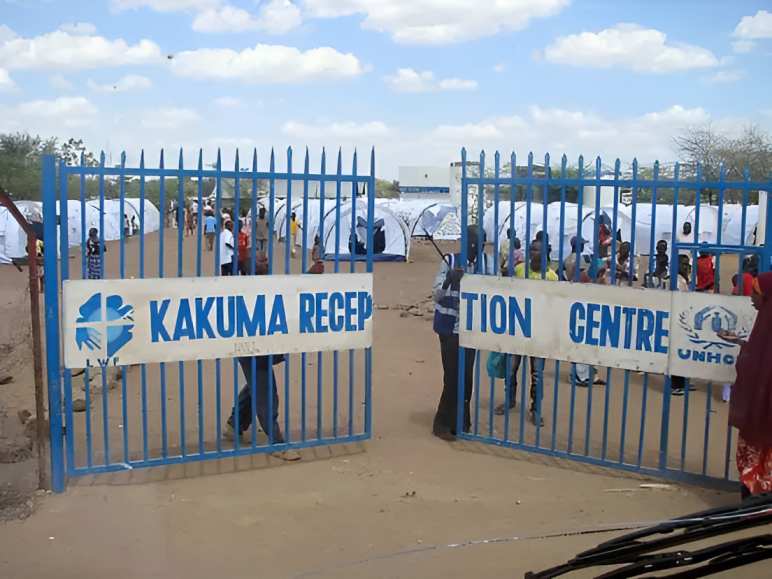More than 720,000 refugees in Kenya’s Dadaab, Kakuma, and Kalobeyei camps are facing a deepening food crisis after the World Food Program (WFP) announced a drastic cut in food assistance due to a major funding shortfall.
Starting in June, food rations will be reduced to just 28 percent of daily nutritional requirements, while all cash assistance will be suspended unless urgent funding is secured.
The WFP said on Wednesday that it is grappling with a Sh6.7 billion ($44 million) funding gap, forcing what it described as the worst reduction in food aid for refugees ever recorded in Kenya.
Vulnerable groups such as children and pregnant or breastfeeding women are at immediate risk.
"WFP’s operations supporting refugees in Kenya are under immense strain. With available resources stretched to their limits, we have had to make the difficult decision to again reduce food assistance," said WFP’s Deputy Country Director in Kenya, Baimankay Sankoh.
"This will have a serious impact on vulnerable refugees, increasing the risk of hunger and malnutrition."
WFP explained that the cuts are not only due to reduced funding but also the rising number of refugees and asylum seekers in the country.
Over the past five years, Kenya’s refugee population has grown by more than 70 percent, from 500,000 to 843,000, with many fleeing conflict, drought, and famine in neighboring countries like Somalia and South Sudan.
Most families in the camps are already food insecure, and the Global Acute Malnutrition rate among refugee children and breastfeeding mothers stands at over 13 percent, well above the emergency threshold of 10 percent.
WFP’s nutrition programs for children and mothers were discontinued in late 2024 due to lack of funds.
With the new cuts, each refugee will receive less than a third of the recommended 2,100 kilocalories per day, down from the 40 percent ration distributed since February.
WFP warns that without urgent intervention, malnutrition rates will continue to rise, and families may resort to desperate measures.
"Less support will force refugees to make heartbreaking choices, parting with essential belongings, withdrawing children from school, or even a return to home countries despite the dangers," said Sankoh.
WFP, in partnership with Kenya’s Department of Refugee Services and the UNHCR, says it continues to support efforts aimed at self-reliance, including access to farmland, water infrastructure, and local markets.
